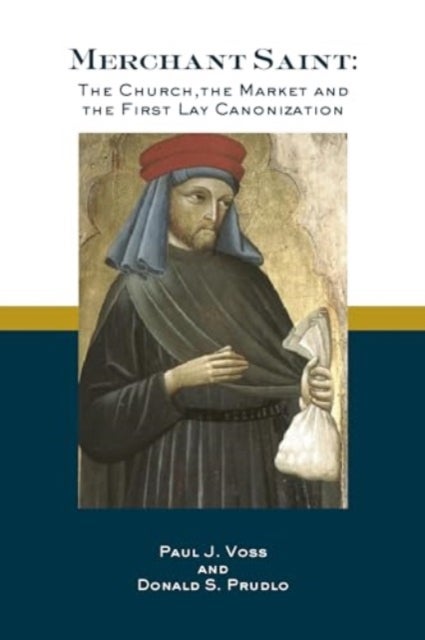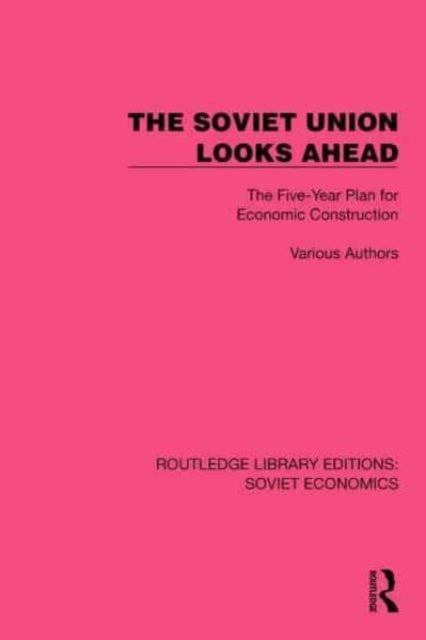
Merchant Saint av Donald S. Prudlo, Paul J. Voss
349,-
Paul Voss and Donald Prudlo trace Western attitudes to money, merchants, and the market through 3,000 years of history. They focus their attention on one person in particular, Omobono of Cremona (1117¿1197), as an axial figure in the wholesale reappraisal of the value of business, entrepreneurship, and white-collar work in Christian Europe. More precisely, Voss and Prudlo examine the evolution of the mentality of wealth and economics in the Catholic Church, beginning from the Scriptural disdain for material pursuits and moving to the eventually declared sainthood of Omobono, a lay merchant living amid the hectic rhythm of a life of business. As the authors note, "His story resonates today with an unexpected poignancy for the contribution it makes to the pressing issues of economic justice, free markets, work-life balance, the 'theology of work,' and Catholic history." The reconstruction of the socio-theological perspective of wealth is a fascinating contribution to contemporary attempt








